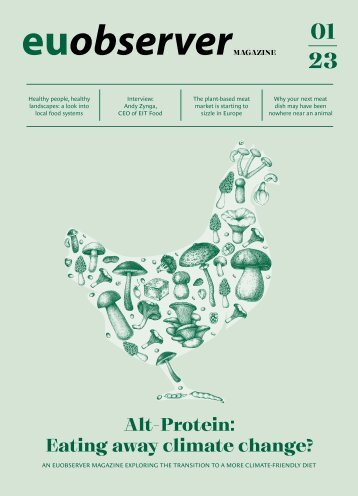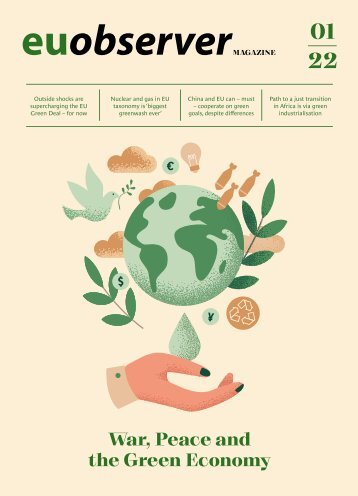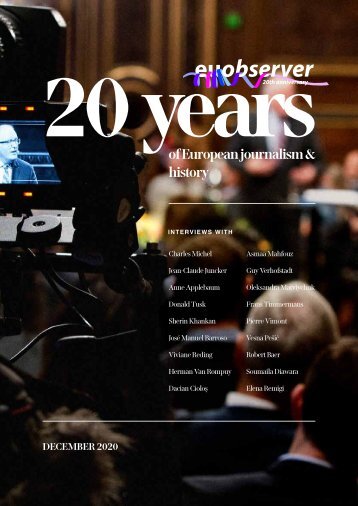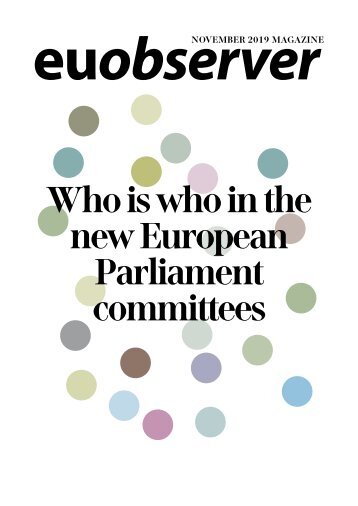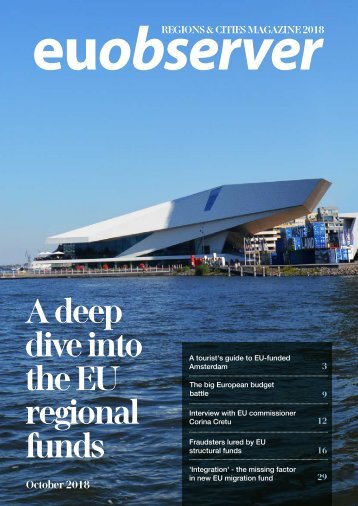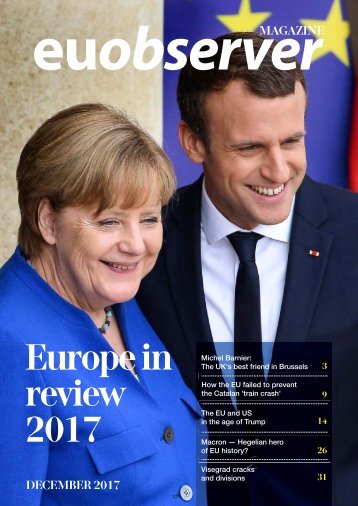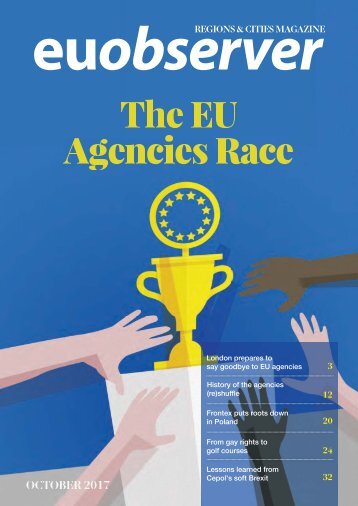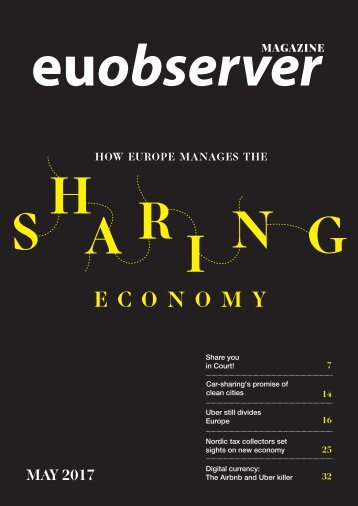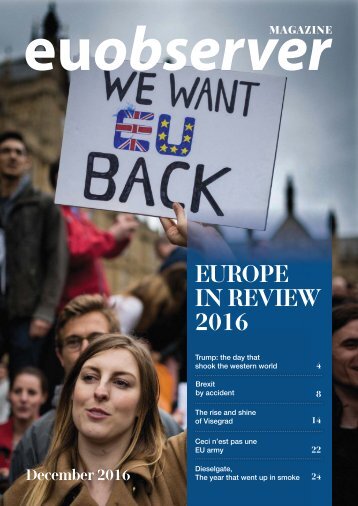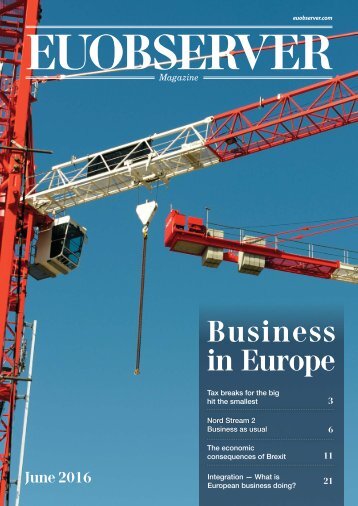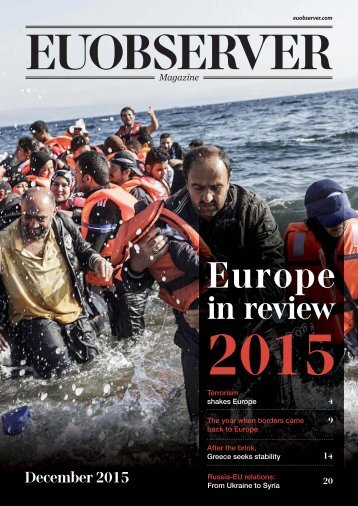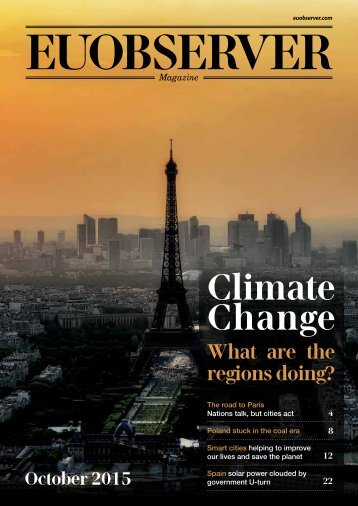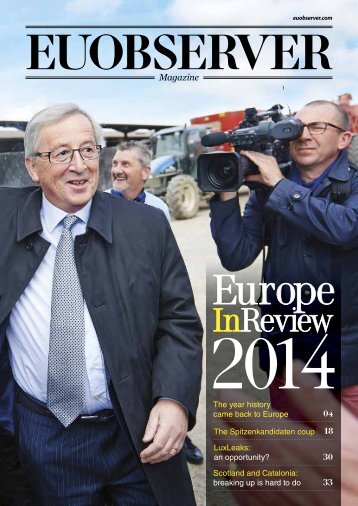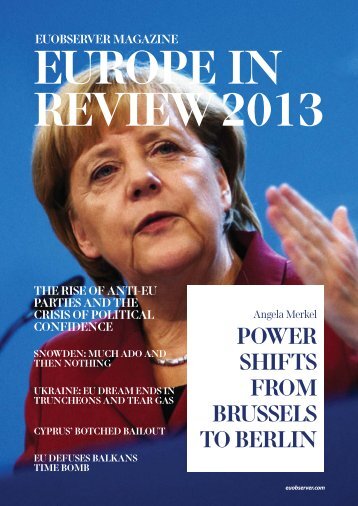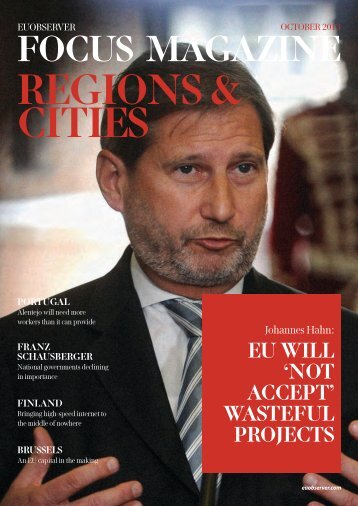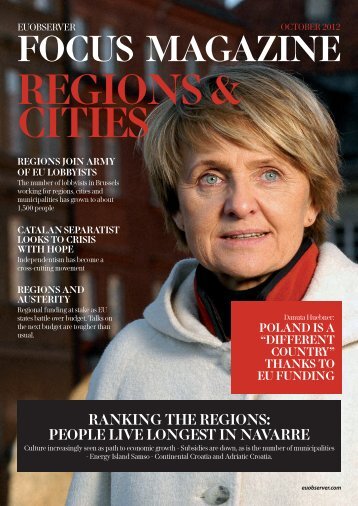Europe in Review 2016
- Text
- Parliament
- Poland
- Hungary
- Visegrad
- Yearbook
- Europe
- Tax
- Luxleaks
- Union
- Politics
- Brexit
THE RISE AND SHINE OF
THE RISE AND SHINE OF VISEGRAD The V4 countries - Czech Republic, Hungary, Poland and Slovakia - has turned the EU's migration policy around. They now set their sights on reshaping the union. By Eszter Zalan The name of a quiet medieval town in Hungary – Visegrad – has in recent times become synonymous with the word “rebellion” in Brussels. Others, particularly if they are from one of the four countries in the loose association of the Visegrad Group, might argue that it stands for “alternative”. remained relatively obscure for almost 25 years. Then the migration crisis hit. with a tilt in the power structure within the union eurosceptic leaders in Hungary and Poland, has thrust the group to the fore. The group, also known as V4, was formed in Republic, Hungary, Poland and Slovakia. It has In 2016, V4 leaders have pushed for a change in the EU's migration policy and has refused to accept asylum seekers under the EU's quota V4 countries are trying to weigh in on the EU's soul-searching process which was launched at a summit in Bratislava in September. Photo: premier.gov.pl 14 — EUROPE IN REVIEW DECEMBER 2016
Polish PM Beata Szydlo with her British counterpart Theresa May. "The European Photo: premier.gov.pl system. They also called for reform of the EU after Daniel Bartha, the director of the Budapest-based Centre for Euro-Atlantic Integration and Democracy, told Euobserver. the European Council to offset Germany.” THE ORIGINAL SIN Diplomats refer to a meeting of interior ministers in September 2015, when the four states were outvoted on migrant quotas, as the “original sin” that emboldened the group. The V4 countries disagreed with the mandatory part of the system - even though in the end Poland, under its previous government, did not vote with the rest of the Visegrad nations - and particularly disliked how the European Commission rammed through its German-inspired proposal. A year after the migration quotas were introduced, Slovak prime minister Robert Fico declared the idea politically dead. "Quotas today clearly divide the he told journalists while his country was holding the rotating EU presidency. Eastern EU states were not the only ones that did not like the quota system, but they were the most vocal about it, with Hungary and Slovakia challenging it in the EU Court of Justice. Strong anti-immigrant rhetoric coming from the Visegrad leaders was initially criticised, policy shifted from taking in asylum seekers and distributing them fairly, to reinforcing border control and shutting down migration routes. headquarters, that V4 countries could not be ignored. president Jean-Claude Juncker still surrounds himself with a small circle of close aides and is less EUROPE IN REVIEW DECEMBER 2016— 15
- Page 1 and 2: MAGAZINE EUROPE IN REVIEW 2016 Trum
- Page 3 and 4: Challenging current and future lead
- Page 5 and 6: “American Psycho”, said Liberat
- Page 8 and 9: Photo: Reuters BY ACCIDENT The Brit
- Page 10 and 11: Primary school teacher Rossano Erco
- Page 12 and 13: An EU hotspot in Samos. The EU comm
- Page 16 and 17: proposal on “posted workers”, w
- Page 18 and 19: the europhobes that a former commis
- Page 20 and 21: EU LEGITIMACY IN QUESTION From lost
- Page 22 and 23: Trade: Is Europe still open for bus
- Page 24 and 25: Photo: European Parliament Dieselga
- Page 26 and 27: Photo: David Martinez Bienkow
- Page 28 and 29: Eurocorps soldiers in front of the
- Page 30 and 31: 2016 in pictures Poland the publi
- Page 32: 32 — EUROPE IN REVIEW DECEMBER 20
Inappropriate
Loading...
Mail this publication
Loading...
Embed
Loading...

